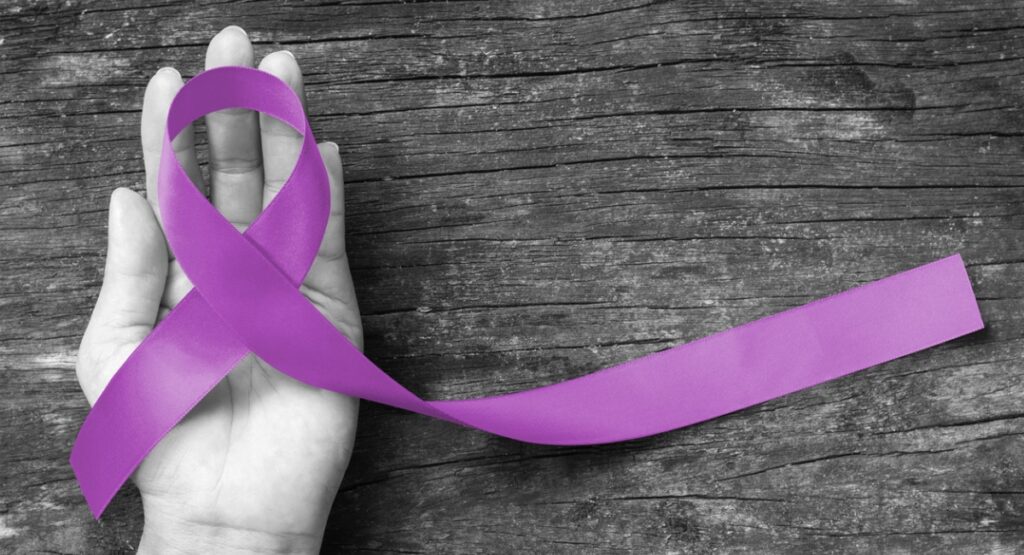Helping Elderly Parents Manage Finances

With record numbers of Americans hitting their golden years, parents will increasingly be dependingupon their children to manage finances. According to a 2015 Pew Research Study, in the United States64% of those with a parent age 75 or older have provided help with finances, errands and personal care,while about half (52%) of those with parents age 65 to 74 have done so as well. Stepping into this rolecan be daunting.It was clear when my family was hit with my dad’s Alzheimer’s diagnosis that one of the things I could doto help was to bring organization and control to my parents’ finances. They had been managing well, butmy siblings and I started to see some small warning signs that things were getting away fromthem. Minor disputes with creditors, multiple visits…







